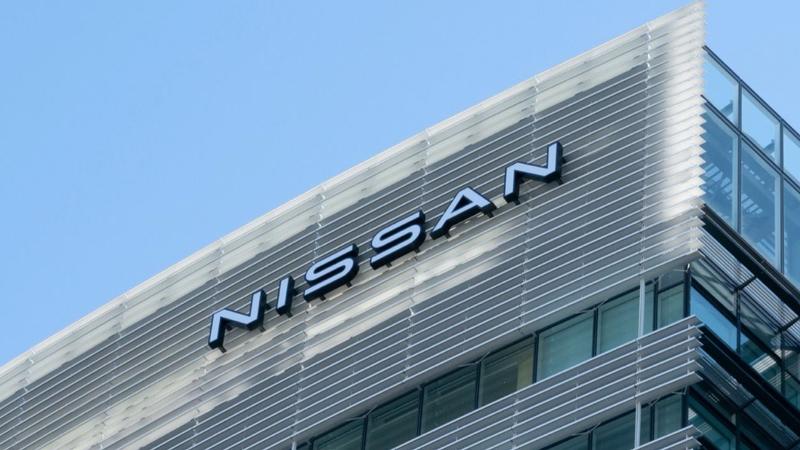Published 12:22 IST, April 17th 2024
Nissan reveals plan to mass-produce solid-state EV batteries by 2029
Japan's third-largest automaker will conduct prototype tests and solid-state battery development at a pilot plant in Yokohama before scaling up production.

Nissan's EV Drive: Nissan Motors is gearing up for the future of electric vehicles (EVs) by investing in solid-state batteries and gigacasting technology. The company plans to mass-produce solid-state batteries for EVs by early 2029, aiming to enhance efficiency and reduce costs in upcoming models.
To stay competitive against industry leaders like Tesla and BYD, Nissan will initially conduct prototype tests and develop solid-state batteries at a pilot plant in Yokohama. These advanced batteries are anticipated to offer faster charging times and longer lifespans compared to traditional ones.
Battery production expansion
Production of solid-state batteries is scheduled to commence at the Yokohama facility from March 2025. Nissan plans to scale up production to 100 megawatt hours per year by the fiscal year beginning April 2028, employing 100 workers per shift.
Additionally, Nissan plans to leverage gigacasting technology to manufacture rear floors for EVs, a move expected to reduce manufacturing costs by 10 per cent and component weight by 20 per cent. The decision to adopt a 6,000-tonne gigacasting machine for aluminum casting reflects Nissan's focus on innovation in car body manufacturing.
Next-gen EV targets
Over the next three years, Nissan aims to introduce 30 new models, with 16 being electrified, including eight all-battery EVs and four plug-in hybrids. The company aims to reduce the cost of next-generation EVs by 30 per cent by 2030, making them more competitive with traditional internal combustion engine vehicles.
Furthermore, Nissan is exploring partnerships, including the possibility of collaboration with Honda, to jointly develop key EV components and automotive AI software platforms.
(With Reuters Inputs)
Updated 12:22 IST, April 17th 2024




